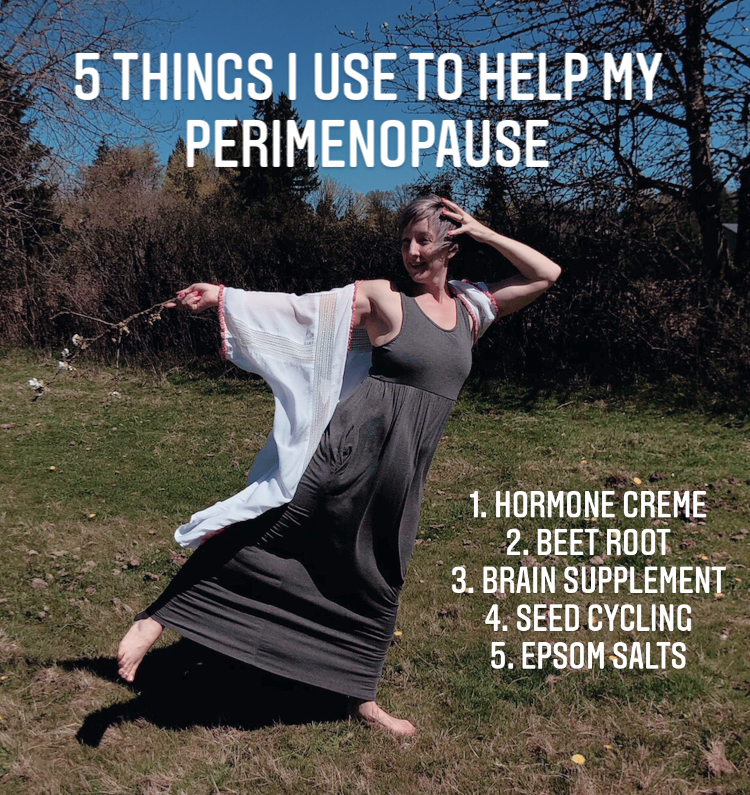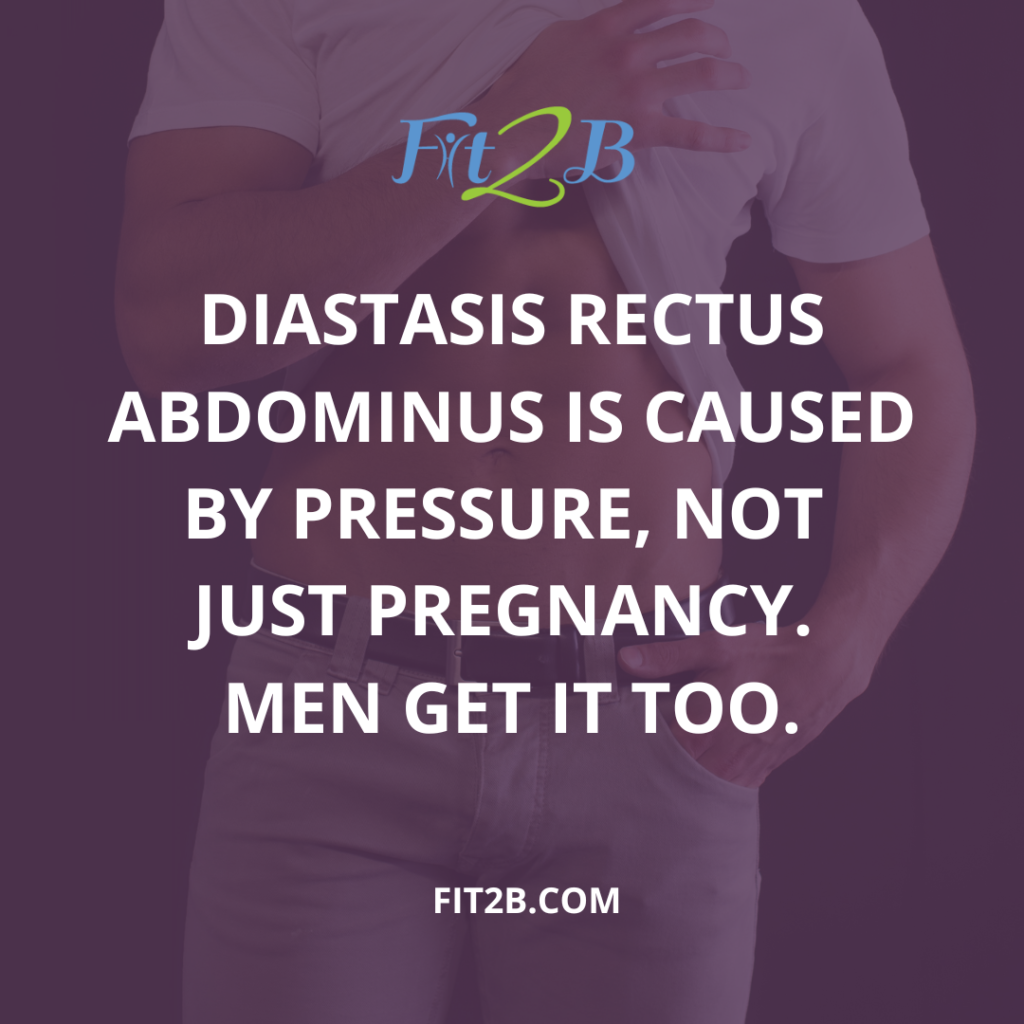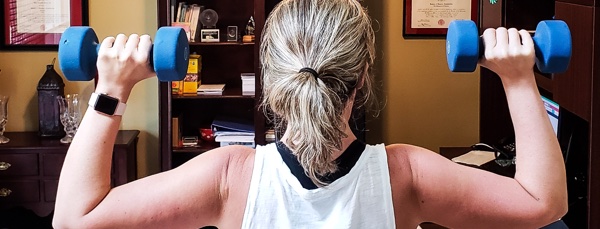Blog, Fit2B Magazine
Things I hope you know about your core before you’re 35
Why didn’t anyone tell me? How come I didn’t know? I hear those laments all the time from my fitness clients, but here’s my reality: I used to ask the same questions for valid reasons because I grew up before Google. However, this younger generation has all the answers at their fingertips – my colleagues and I have been widely broadcasting ALL the helpful information for over a decade, but is anyone listening?
We’re right here handing out free advice, warnings, tips on how to avoid the mistakes we made…but perhaps everyone is drowning in such a deep sea of advice they’re not even sure what to believe. I’ve worked in the fitness industry for over half my life, trained thousands of women in 40+ countries worldwide, and I wish all y’all could just wrap your heads around these simple, indisputable facts about your bodies:
Menopause is the 1-year anniversary after females get their final period. It’s one day. Perimenopause is “The Change” we all go through. It’s the 10-15 year transition leading up to and surrounding that single day, and all the symptoms like hot flashes, severe mood swings, insomnia, and more are treatable! I have written this blog, recorded this podcast, and created this course ProActive Perimenopause to help you get through it!
Postpartum is forever. Whether you’re pregnant for just a few weeks or deliver pre-term, go full term, have an unmedicated vaginal birth, or a surgical cesarean, your body will ALWAYS and forever be changed. There’s no such thing as “bouncing back” to your old body. Your bone structure changes. Your pelvic floor changes – yes even with a c-section, your abdominals change and get Diastasis Recti, and your brain changes. Work with professionals who understand that and know how to strengthen + support your postpartum body. It’s different than other bodies that haven’t experience pregnancy.
Diastasis Recti (ab gap) happens in all pregnancies. It’s normal. We cannot prevent it, but we can minimize how big/wide/deep/thin your abs get with various strategies. It’s not a death sentence to your workouts or your core, and a little awareness goes a long way. Abs with diastasis are different than abs without diastasis, so we train them a bit different. For example, core fitness specialists like myself and my colleagues will have you do unique exercises that are specific to your core’s needs while you’re addressing your gap, and we might have you avoid traditional ones like crunches and sit-ups for a while.
Your pelvic floor muscles are part of your core. While Diastasis Recti normally occurs in pregnancy because your abs are designed to stretch and make room for baby, peeing and pooping yourself is NOT normal. The muscles that support your uterus, bladder, and bowels need to be a strong trampoline not a saggy hammock. Get pelvic floor therapy if you’re leaking feces or urine. Avoid workouts that make your soil yourself. Do workouts – like the ones we provide here on Fit2B – that align with physical therapy concepts and train your pelvic floor to be stronger!
You probably need to eat more not less. If you’re consuming less than 1700 calories per day, you’re living below war time ration amounts. You need carbs, fats, proteins, veggies, fruits, all the things to function and perform well. Female hormone balance relies on all those fuels, so if you’re moody, not sleeping well, not able to fit into your clothes… well, you might actually need more complex carbs. You definitely need more protein. Work with a functional nutritionist – Like Andrea who contributed to our ProActive Perimenopause course – who understands female hormones. Also, you deserve to be strong and take up some space in this world.
Females weren’t researched until the early 1990’s and, in fact, researchers weren’t allowed to directly study our unique issues until 1993. They did research on males and called it human research. However, the hard fact is that women aren’t mini-men. Females aren’t smaller versions of males. We have a whole different hormonal cocktail happening. We have a different pelvis shape. We have an extra organ (uterus) and we have a monthly macrocycle with 4 macrocycles not a daily cycle, and we go through additional life stages beyond puberty including pregnancy, postpartum, perimenopause, and menopause. We need to sign up for the research. We need to ask for more research.
Intimacy should be enjoyable and mutual. If you’re experiencing pain during intercourse, you need to know that it’s not normal, and whoever is telling you to “Just Relax” is wrong. Your pelvic floor muscles may have one of several treatable conditions that are affecting your intimacy, or perhaps you both simply need to learn more about your body. I highly recommend the book “The Great Sex Rescue” if you’re struggling in this area.
Fitness doesn’t have to hurt to work. Everywhere I look on social media, I see people hurting themselves to look more lean… so then they’re lean for 5 minutes before they’re injured and have to sit around and rest for 6-8 weeks. Talk about an unsustainable, harmful plan! True health and fitness is about you being “fit to be” chasing your dreams, strong enough to help others, able to try new things WITHOUT injury and soreness.
You don’t have to sweat every day and be sore all the time to get a bit leaner and stronger. You don’t have to jump in with doing 30-60 minutes every day in order to see results. You don’t have to run or do CrossFit or anything you don’t want to do to improve the quality of your life. You can get in shape doing things you enjoy at a pace that feels sustainable and nonstressful to you. I’ve shown thousands around the world how. Wanna join me here on Fit2B where we’ve professionally filmed hundreds of home workouts for every schedule, mood, ability, style, and energy level?
Explore Fit2B MembershipsLeave a comment!
Tell us what you think below: What do you wish you’d known earlier in life? What’s something important you think everyone should know before they turn 35 that’s related to fitness or women’s health?




